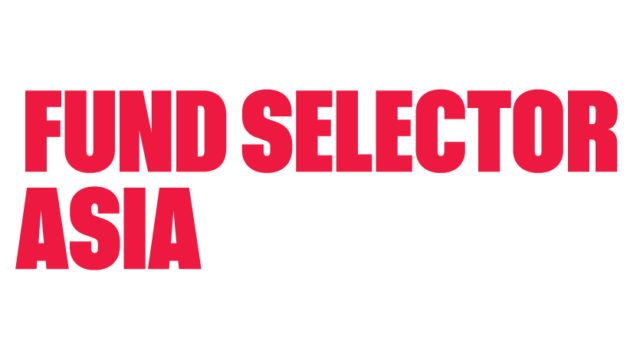The fund house said it will use the RMB600m ($95.9m) quota allocated by the Chinese regulators to identify investment opportunities in the Chinese market, which is comprised of around 2000 listed companies in Shanghai and Shenzhen.
The fund will be managed by the firm’s Asian Equities team, based in Hong Kong and Singapore. The team intends to invest in only 25-30 companies that it finds compelling in terms of long-term prospects.
According to the firm, the fund will have a bias toward consumer, healthcare and travel companies, areas where state-owned enterprises are less dominant.
“While we are excited about its potential, China is going through a complex adjustment. A strategy of focusing on quality of growth is right but there will be legacy issues for years to come in the shape of bad debt, corporate malfeasance and even outright fraud,” said Nicholas Yeo, head of Chinese equities.
“So with this fund we are not saying now is the right time to buy the market, but asking investors to consider China as a long-term proposition … China may be a massive country but it is very much an emerging market that demands discipline and patience.”
Appeal of A-shares
A-shares rallied toward the end of the last year following the launch of Hong Kong-Shanghai Stock Connect programme in November.
Regulators are separately also working on the Shenzhen-Hong Kong stock connector scheme, which will further widen the access to the onshore China universe.
Aberdeen said its move into A-shares come at a time when interest in the segment has taken off. The firm said A-shares rose 46. 9% in 2014, with the bulk of the rise coming in the final quarter.
But the firm acknowledged that the A-share market is notoriously speculative, with recent buying activities being led by margin traders betting on interest rate cuts.
In a bid to combat the economic slowdown, China’s central bank recently cut its benchmark lending and deposit rates by 25 basis points. This rate cut was the second one since November.
A look at the performance of Aberdeen’s existing China fund since its launch in July 2001:


















